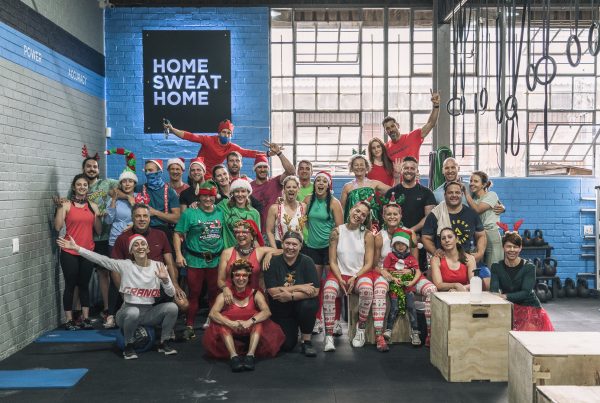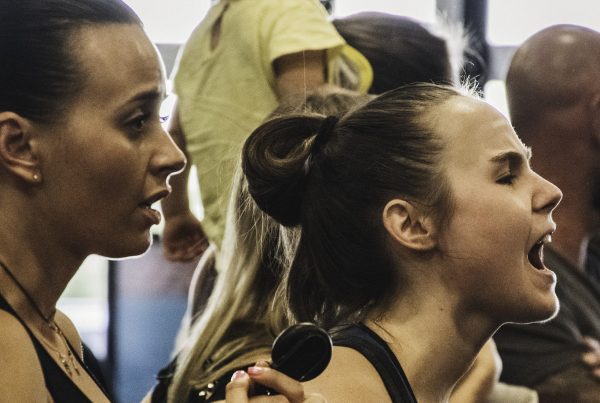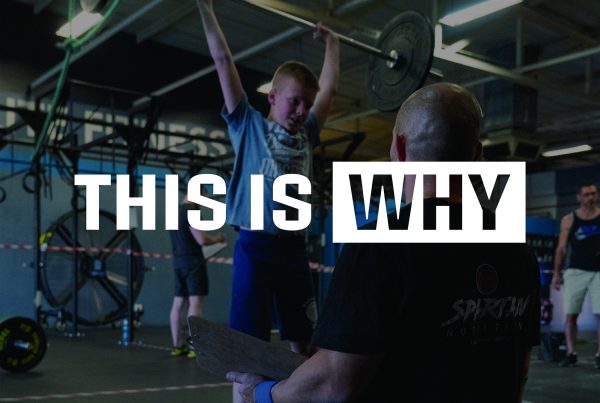One of my favourite suggestions from clients, that doesn’t seem to stop coming in over 15 years of experience in the industry, is “We need harder workouts.” What typically goes through my head when I hear that is “Get bent, you know nothing about the art of programming and you certainly don’t know what it means to train hard. Fool!”
I don’t actually say that, of course. Well, at least not most of the time 😉
It’s the truth, though. Regardless of how long you’ve been training at a fitness facility for, how many different programs you’ve been exposed to, and of how much reading you’ve done, unless you’ve got the relevant background or experience, you won’t understand programming. It’s precisely why you seek the guidance of coaches – they do understand it and apply themselves to get you to YOUR goals. I don’t think you’d be telling a surgeon what to do when you’re on the table.
I do get it. You just want to get smashed by the workout. The problem with that, however, is that “smashed” is subjective. Sure, you can do three MetCons in an hour session and that’s going to smash you, but your intensity in each piece is going to diminish. Partly because you have to hold back to finish, and because of fatigue. Can you condition yourself to perform better at that sort of session? Absolutely, but let’s not kid ourselves here – you’re in this for health and fitness and you won’t be going to the Games, let alone Regionals.
Therefore, the purpose is not to be exposed to that sort of volume or to get absolutely smashed everyday all year round. The purpose is to set you up for lifelong health and fitness, and to give you the sort of fitness needed to be able to get out of the gym to lead an active lifestyle.
That means some ‘easy’ weeks and days, lots of skill work, and one to two quality high intensity pieces in a session. And if that session doesn’t leave you smashed, YOU didn’t train hard enough. You don’t need harder workouts, you need to train harder.
But don’t take it from me, because I’ve got no clue. Let’s look at a couple of our fittest athletes between the two facilities – Tamarr and Marcus. For years all they’ve been doing is training once a day in the group classes and on four to five days a week. They do a little bit of weakness-based work in what free time they can muster, and that’s all. Before you play the genetics card, hard work beats talent any day, especially when talent doesn’t work hard. That’s all they’ve been doing – the same stuff you’ve been doing – and they continue to improve their health and fitness in leaps, all these years later. And Marcus is old too!
Not enough? Then let’s look back to our 4-weekly “back-off” weeks. Everyone moans that they’re so stiff and sore during a back-off week. That’s no surprise because the volume of training drops during these weeks. Volume and intensity are inversely related, therefore intensity (how hard you’re working) goes up and you get properly smashed.
There’s just one more thing to consider when talking about how hard you train, and that’s scaling. Scaling is simply how we modify a workout to meet the needs and abilities of the individual, and to ensure that we preserve the intended stimulus of the workout. What many do is under-scale because the workout looks cooler, there’s more load and volume, and because their ego precedes them. As a result they have to move slower and rest more, so although they perceive themselves to be working harder, physiology tells us otherwise.
It’s a simple approach, really. Modify the workout to ensure the highest power output, stop resting every time you feel your heart rate and breathing rise – that’s supposed to happen, and learn how to stay uncomfortable. The workout doesn’t dictate how hard you’re working, you do.
Work smarter and train harder.



